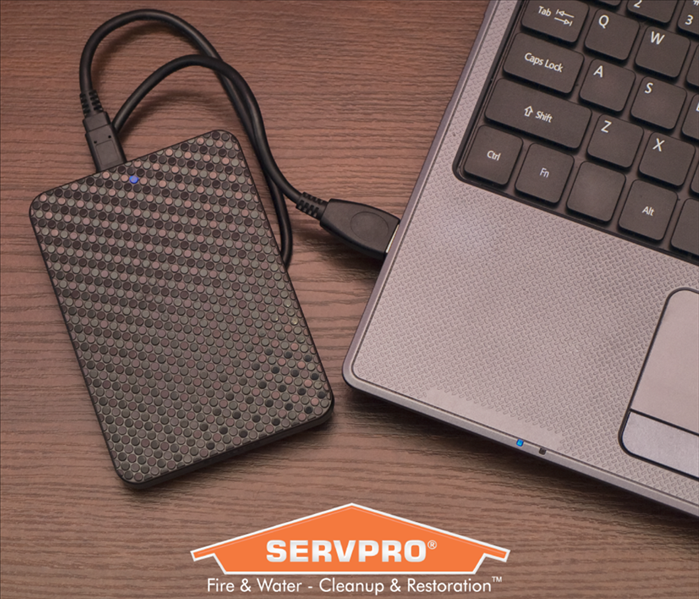3 Necessary Storm Preparation Steps for Property Managers
8/30/2022 (Permalink)
Storm Preparedness
A key duty of a property manager is to be ready for severe weather. With storms there is always the possibility of property damage or destruction that may require a professional restoration service to repair, as well as the risk for less serious but still important weather-related setbacks such as power loss. Therefore, it is important to plan ahead for a storm even if one is not forecast. Here are three necessary steps property managers in Summerlin, NV should take for storm preparedness.
1. Create a List of Important Contact Information
One thing property managers should do is create and regularly update a list of important contacts and other information. They need to be able to get in touch with tenants, the insurance company, service providers, staff and general contractors. Before a major storm event, they should check all of the contact information on this list and make sure it is current and accurate. Information they should collect, if available, includes:
- Tenant names, phone numbers, addresses and email addresses
- Names and apartment numbers of elderly people
- Number of tenants, pets and children
- Contractor phone numbers
- Emergency service phone numbers
- Insurance agent phone number and email address
- Staff phone numbers, addresses and email addresses
2. Create an Emergency Plan
Another important step in storm preparedness is developing an emergency plan. This should include role assignments for staff and guidelines for ensuring the safety of the tenants. It should be reviewed with staff and communicated to the renters.
3. Create Backups of Important Files
There is a lot of important paperwork associated with property management. To ensure that this is not lost, back up all files, especially if they are currently in paper format. Even if you already have digital copies of your files, you should still have a second copy of each one stored off-site or in the cloud.
Being on top of storm preparedness can mitigate or even completely prevent disasters. Make sure you have what you need and know what to do ahead of time.





 24/7 Emergency Service
24/7 Emergency Service
